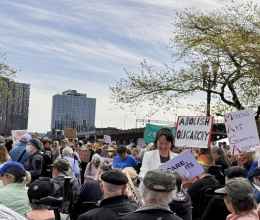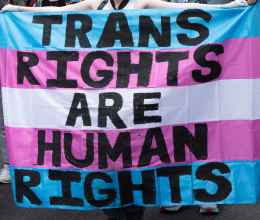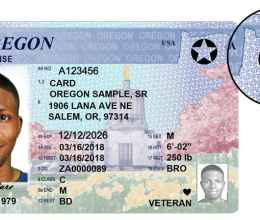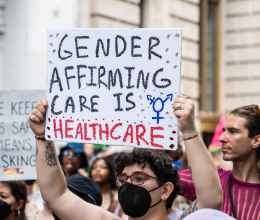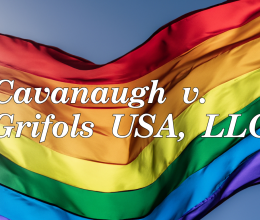
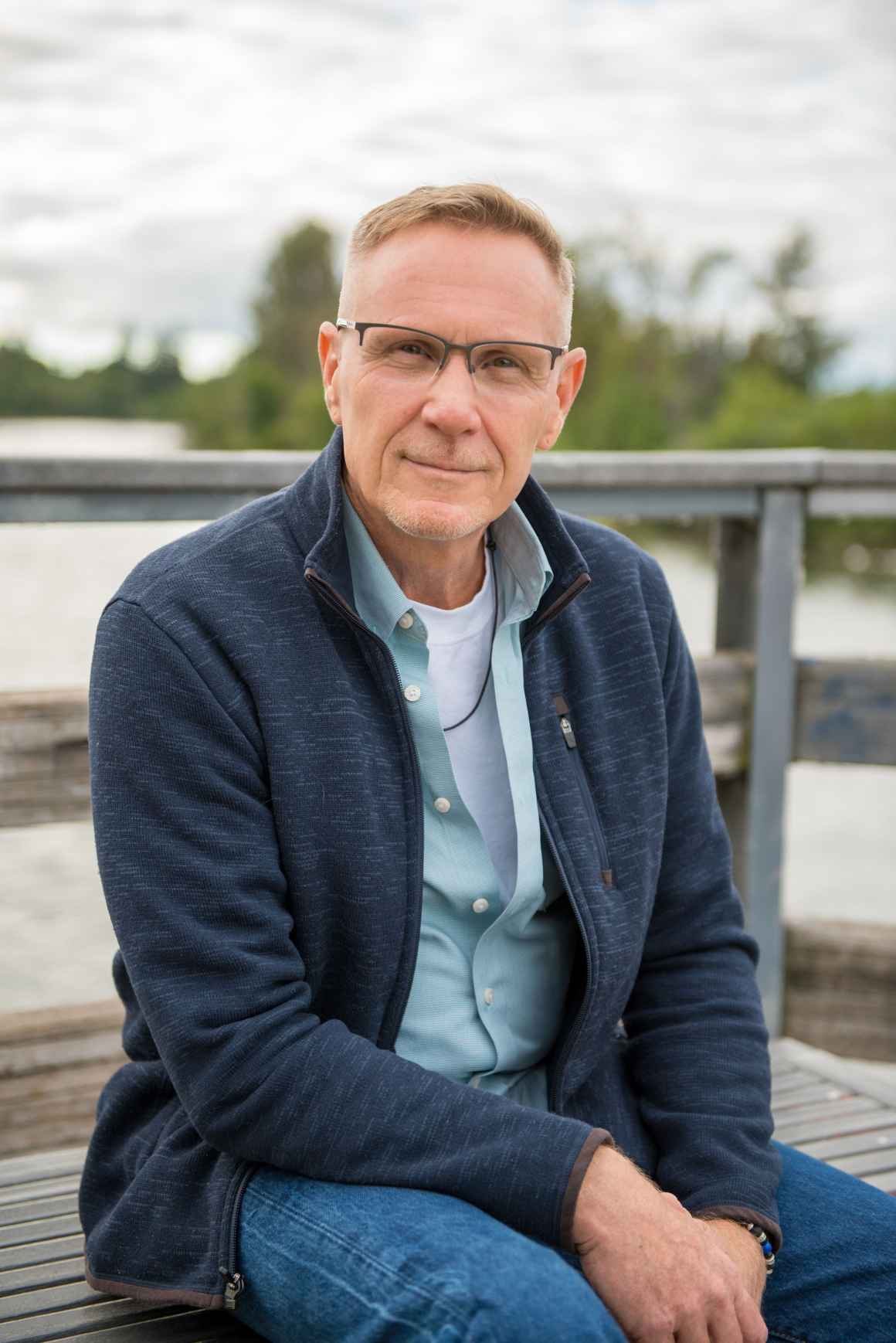
As an openly gay man, I enjoy supporting my local LGBTQ+ community by attending events and volunteering whenever I can. My passion for music and singing have helped to raise money for LGBTQ+ organizations. Since moving to Eugene, I enjoy quiet evenings at home with my loved ones, the outdoors, and taking part in everything this region has to offer, like motorboating, crabbing, waterskiing, hiking, biking, and snow skiing.
After moving to Oregon, a new friend shared their experiences with being paid to donate plasma. This sounded like a great opportunity for me to help others and also earn a little extra cash. A friend and I decided to go together to donate plasma for the first time.
On January 24, 2024, I arrived at Grifols with the necessary documentation about 20 minutes before opening. After waiting in line, I sat down to complete the paperwork, reviewed Grifols protocols and policies, and waited for my name to be called for next steps.
I was then asked to complete a digital questionnaire about my health history, including any potential drug use and my sexual history. One question specifically gave me great pause — it asked if I’ve ever had sexual contact with men.
In 2023, the U.S. Food and Drug Administration (FDA) walked back its longtime ban on gay and bisexual men donating blood products and recommended an individualized risk assessment approach. It didn’t make sense to me why nearly a year after this policy change, Grifols was asking me questions that were so pointed about my previous sexual relationships — even though this was contrary to the FDA’s policy. Despite my discomfort, I answered the question honestly and marked “yes” and finished the remainder of the survey.
Afterwards, I completed and passed the required blood testing and then was called back into a private room to undergo a physical examination and discuss my questionnaire responses. It was at this time that the medical assistant in the room with me told me that there were “red flags” in the answers I shared, and they asked whether I intended to answer the question about having sexual contact with another man as “yes”? I paused.
“Of course I did,” I replied.
The assistant then let me know that according to their policies, because I answered that question “yes”, I am unable to donate plasma with Grifols or any of their partners now or in the future — a “forever ban”.
In summary, I had a negative blood test for sexually transmitted infections (STIs) and no history of STIs. Also, Grifols standard company protocol is to test samples of plasma for STIs after donation, and as stated before, the FDA’s policy allows for plasma donations from gay and bisexual men after individualized risk assessments. However, I was still denied the opportunity to help others through plasma donation on the basis of my sexual orientation — because I am a gay man.
I felt humiliated, dehumanized, and angry. Throughout my life, I’ve experienced homophobia and discrimination in the workplace, in restaurants and bars, and even from strangers in passing. It’s not something you ever get used to and situations like this force you to relive all of the harmful and hateful bias you’ve endured throughout your life.
After processing and connecting with trusted friends and community members, I decided to take action and stand up against this type of discrimination on behalf of myself and others. I am just an everyday average guy and what happened to me is not unique. I hope this case will bring to light the ways in which plasma collection companies like Grifols are culpable in civil rights violations and that there are repercussions for their discrimination and perpetuation of homophobia. I also hope this case will help to dispel longstanding, false, and harmful myths surrounding LGBTQ+ people.
No matter how scary it is, I hope my community will see that you can stand up and say “no, this is not acceptable” in the face of discrimination and hate. We deserve more — to live full and safe lives free from prejudice and inequality and to not be denied opportunities simply because of who we are and who we love.
